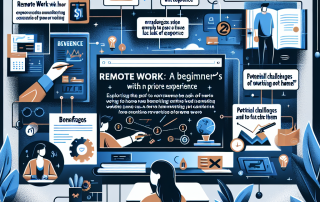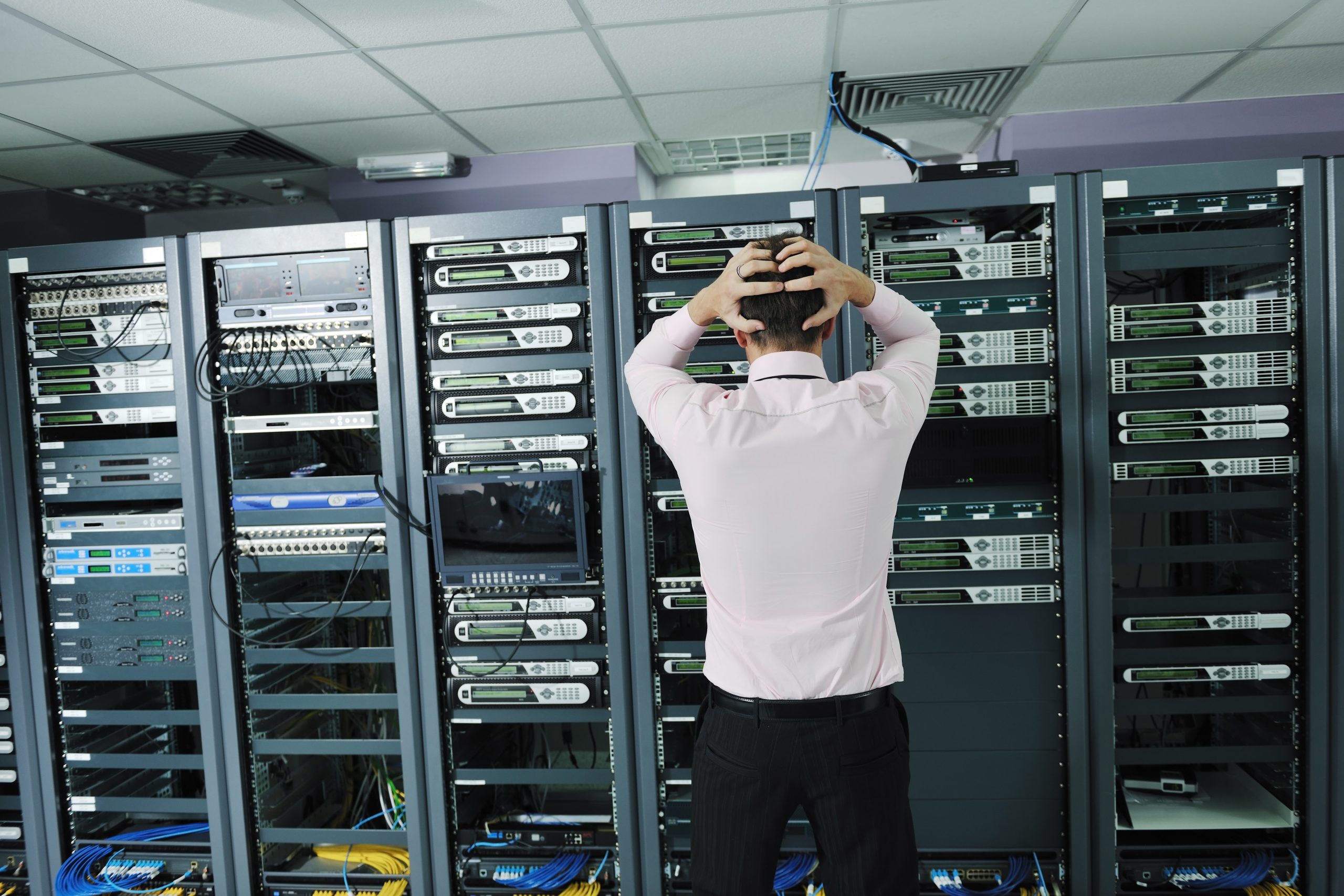As the world becomes more digital, remote work has become increasingly popular. With the COVID-19 pandemic forcing many people to work from home, the number of remote workers has skyrocketed. However, working remotely comes with its own set of challenges, particularly when it comes to cybersecurity. In this blog post, we’ll explore how you can make your home office as secure as Fort Knox.
Introduction to Home Office Cybersecurity
When you work in a traditional office setting, there are usually IT professionals who handle security measures and ensure that all employees follow best practices for keeping data safe. But when you work from home, you become responsible for your own cybersecurity. This means taking proactive steps to protect yourself and your data.
Common Threats and Vulnerabilities for Remote Workers
One of the biggest risks facing remote workers is hacking. Hackers may try to gain access to your computer or network to steal sensitive information such as passwords, credit card numbers, or other personal data. Another risk is malware, which can infect your device and cause damage to files or software. Additionally, phishing scams are common, where attackers send fraudulent emails or messages posing as legitimate companies to trick users into giving away sensitive information.
Best Practices for Securing Your Home Office Network
To keep your home office secure, here are some best practices to follow:
1. Use strong passwords – Make sure to use complex and unique passwords for each account. Avoid using easily guessable words or phrases.
2. Enable two-factor authentication (2FA) – 2FA adds an extra layer of security by requiring a second form of verification, such as a code sent via text message or email.
3. Keep software up-to-date – Regularly update your operating system, web browsers, and other software to ensure they have the latest security patches installed.
4. Install antivirus software – Antivirus software helps detect and remove viruses and other types of malicious software.
5. Use a firewall – A firewall acts as a barrier between your computer and the internet, helping prevent unauthorized access.
6. Be cautious online – Only visit trusted websites and avoid clicking on suspicious links or downloading attachments from unknown sources.
Choosing the Right Security Software for Your Needs
There are numerous security software options available, including antivirus programs, firewalls, and virtual private networks (VPNs). When choosing security software, consider factors such as ease of use, effectiveness, and cost. Some popular options include Norton, McAfee, and Avast.
Conclusion: Taking Action to Protect Yourself and Your Data
Protecting your home office from cyber threats requires vigilance and effort. By following these best practices and utilizing appropriate security software, you can help minimize the risk of a security breach and safeguard your valuable data. Remember, being proactive about cybersecurity is key to staying protected in today’s digital age.
How To Start An Online Travel Agency Working From Home
Learn how to start an online travel agency from the comfort of your own home. This step-by-step guide covers everything from choosing a niche to building your website and networking with suppliers. Start making your travel agency dreams come true!
How Do I Work For Amazon From Home
Looking to work for Amazon from home? Discover the flexible opportunities available and learn how to join their virtual team. Find your perfect fit!
Do Medical Coders Work From Home
Discover the possibilities and benefits of working as a medical coder from home. From flexibility to cost savings, explore how remote medical coding can transform your career in the healthcare industry.
Can You Make Money Working From Home On The Internet
Looking to make money from home on the internet? This comprehensive guide explores various ways and possibilities, providing insights and tips.
Can I Work From Home With No Experience
Looking to work from home with no experience? This article explores opportunities, tips, and tricks to help you get started in the remote work industry.
Best Document Scanners for PC and Mac – Top Picks and Reviews
Looking for the best document scanner for PC and Mac? Check out our top picks and reviews of the Epson Workforce ES-400 II, ES-500W II, and ES-865. Streamline your document management process and improve efficiency. Invest in quality scanners today!
The Importance of Hardware Firewalls in Home Offices: Why You Need One and How to Set It Up
Do you ever feel like your home office is vulnerable to cyber attacks? If so, then it's time to invest








